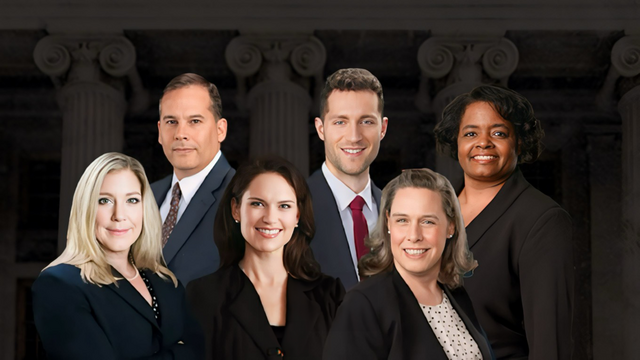Prince William County DUI Breathalyzers
Breathalyzers are supposed to be calibrated, tested, and certified every six months. These machines are also supposed to be calibrated and certified after a significant repair. The reality is the Department of Forensic Science is on top of this and typically does not let machines go out of service by missing that deadline.
However, it does happen. An experienced attorney can track the history of a breathalyzer machine and determine whether it has been repaired recently and, if so, whether it was calibrated afterwards. Our firm has had cases where law enforcement used a breath machine two or three days after the expiration of that six-month period without knowing it. Sometimes that does happen, but the Department of Forensic Science generally maintains that all of the machines are up to date with their certification and calibration.
While there is no way to tell if a Prince William County DUI breathalyzer is expired at the time of arrest, our skilled legal team could help you determine the legal validity of a field sobriety test after law enforcement releases you.
Common Misconceptions
The only common misconception associated with Prince William County DUI breathalyzer is that they are a 100 percent accurate 100 percent of the time. This is simply not true. There are a lot of different ways that a breath test can go wrong, but most of those ways work against a person who has been accused of driving while impaired. It is very uncommon for a breath test to be advantageously wrong.
Identifying Defects
Some lawyers’ standard operating procedure is to acquire a lengthy document from the Department of Forensic Science that details everything about a specific breath test machine. Attorneys look at a person’s individual test and those which were taken on that machine for a certain period of time before and after theirs to see whether there is any unusual discrepancies associated with that specific breathalyzer. Repair records, calibration records, and everything else about a machine could be used as evidence of a Prince William County DUI breathalyzer’s defect.
If there is a problem with a machine, a legal representative will likely see it. Establishing the defect of a breath test would eliminate its results from admissible evidence altogether, so the judge would not even consider them at trial.
Challenging A Breathalyzer Test Result
A person’s right to challenge the results of a Prince William County DUI breathalyzer test depends entirely upon whether the court will suppress the evidence, which means keep it out of the case altogether, or acknowledge that it might not be as accurate as they once thought it was. It also depends largely on the machine’s specific issue, testing, or any other abnormal or procedural issues.
Defense lawyers would likely argue that the evidence should be kept out altogether. A judge might accept the evidence of a defective breathalyzer but may not give it much weight during hearings. Any problems with the test would be revealed during an attorney’s forensic examination of the machine.
Role of an Attorney
It is important to understand that just because a number shows up on a piece of paper after a DUI charge does not mean that it is accurate or that the case is lost. However, most breathalyzer results are highly regarded during court proceedings because they are usually calibrated on time and well maintained. Ultimately though, legal counsel would recognize discrepancies with Prince William County DUI breathalyzers and could challenge breath test results in court. To learn more about this process, get in touch with our firm today.




